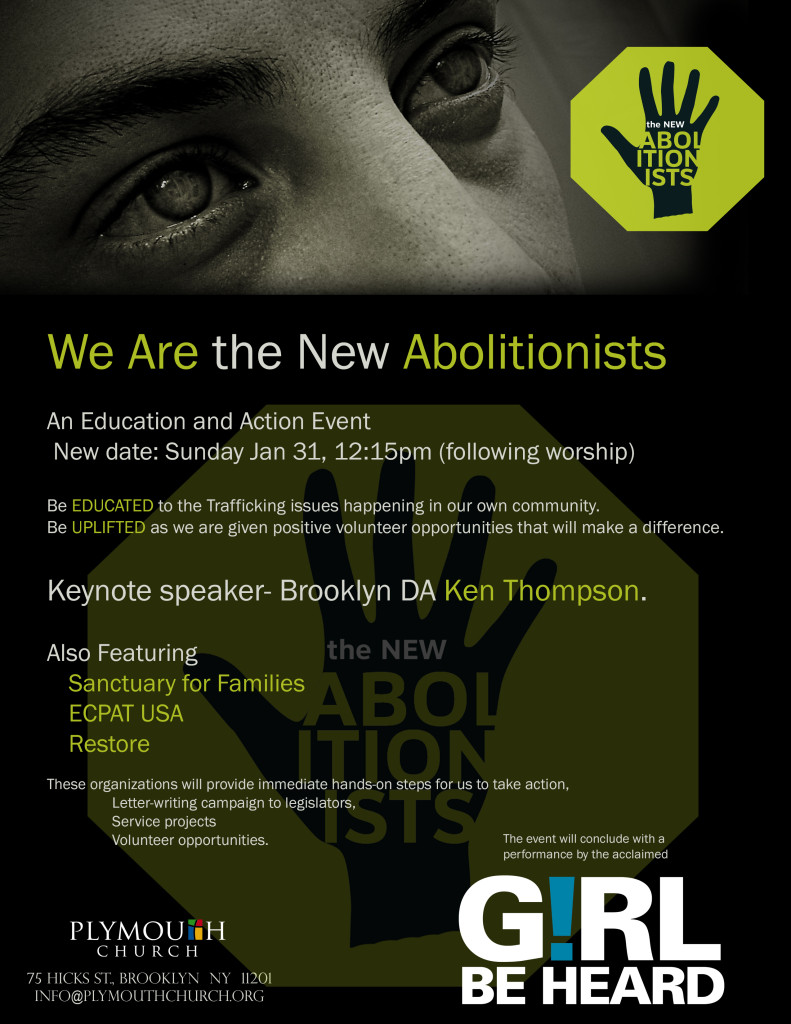I want to tell you about Tuesday’s church staff meeting—which took place with more than the recommended social distancing and several of us on the phone.
I started by solemnly pointing out that our current reality will be with us for a while. How do we begin to plan and function in light of that? This is the new normal. One of the many experts thinks the peak of hospitalizations will be in May—two months from now.
We have cancelled in-person worship. What has to happen to restart services? What if we cannot gather for worship or fellowship for months?
Plymouth’s finances are likely to suffer. Not only will we lose the offering plate, but the market and loss of income are going to affect us. What are the financial implications for the church?
Then something holy happened. The meeting changed. We started talking about the ministry opportunities these circumstances provide. How can we be creative?
We talked about children and their parents. We began to share ideas for staying engaged with our children. We worked through a multitude of possibilities to help parents care for their children.
We talked about the youth. We explored ways to connect to our youth and help them stay connected. Our young people are smarter about technology than their parents. They will find ways to care for one another.
We talked about the elderly. We have spread sheets and long lists. Church members are stepping up and asking who to call, who to email, and who to check on.
We talked about how to make online worship feel like Plymouth worship. We are thinking about what music, prayer, and listening does for our souls and how to do that through a laptop.
We close each meeting with prayer. We prayed about our concerns, but we also prayed with gratitude. I am thankful that I am part of a staff that loves their congregation.
This difficult time feels unlike anything we have experienced, but God will help us be the church.
Grace and peace,


